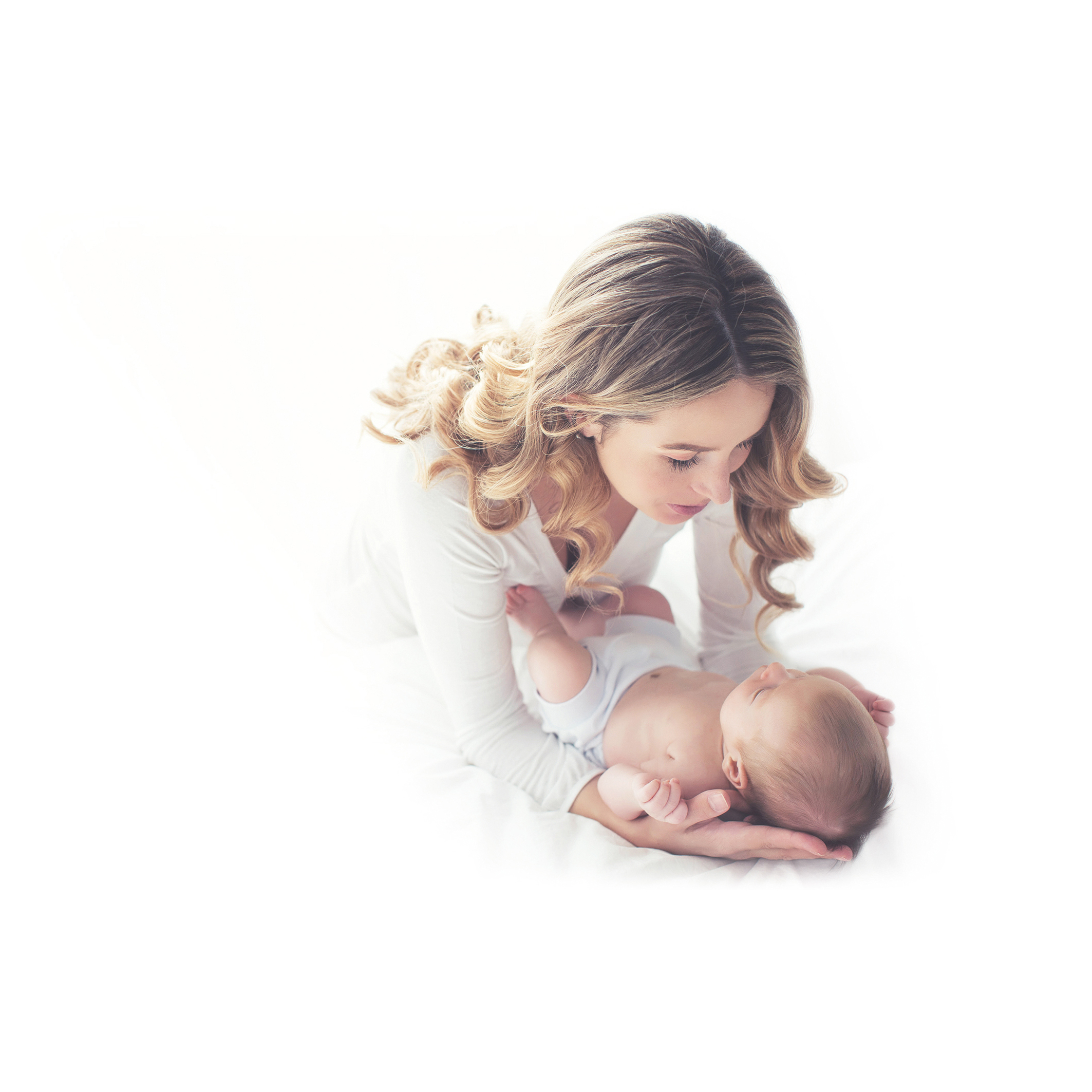Shedding Light on C-Section Awareness: Understanding, Preparation, and Support

Understanding C-Sections: A Guide to Preparation and Support
In the realm of childbirth, there's a spectrum of experiences, choices, and challenges. Among the myriad paths to motherhood, cesarean section (C-Section) births stand as a significant option, sometimes necessitated by medical conditions or chosen for various reasons. Yet, despite their prevalence, there often exists a veil of misconceptions and lack of awareness surrounding C-Sections. In this blog, we aim to illuminate the topic, fostering understanding, preparation, and support for mothers-to-be and their families.
Understanding C-Sections
- Medical Necessity vs. Personal Choice: While some C-sections are planned due to medical conditions like placenta previa or breech presentation, others may occur unexpectedly during labour due to complications. It's crucial to recognize that both scenarios are valid and require informed decision-making in partnership with healthcare providers.
- Safety and Risks: C-Sections are generally safe procedures, often life-saving for both the mother and baby in certain situations. However, like any surgical intervention, they come with potential risks, such as infection, blood loss, or longer recovery times. Understanding these risks can empower expectant parents to make informed choices and prepare for potential outcomes.
- Emotional Impact: The emotional journey of a C-section birth can vary widely among individuals. Some may feel empowered by their birth experience, while others might experience feelings of disappointment or even failure if their birth plan deviates from expectations. Open communication and support from healthcare providers, partners, and peers can greatly influence how individuals process and cope with their birth experiences.
Preparation
- Education and Communication: Seeking out comprehensive childbirth education classes that cover both vaginal and cesarean birth scenarios can help demystify the process and equip expectant parents with essential knowledge and coping strategies. Additionally, maintaining open communication with healthcare providers throughout pregnancy allows for informed decision-making and the creation of a birth plan aligned with individual preferences and medical needs.
- Practical Preparation: Preparing for a C-section birth involves both physical and logistical considerations. From packing a hospital bag with essentials to arranging postpartum support at home, having a plan in place can alleviate stress and ensure a smoother transition into parenthood.
- Emotional Readiness: Embracing flexibility and cultivating a mindset of resilience can empower individuals to navigate the uncertainties of childbirth with grace and confidence. Connecting with support groups or seeking counselling services can also provide valuable emotional support throughout the prenatal and postpartum periods.
Building a Supportive Community
- Peer Support: Connecting with other parents who have experienced C-section births can provide invaluable insights, empathy, and encouragement. Online forums, social media groups, and local support networks offer platforms for sharing experiences, asking questions, and fostering solidarity within the C-Section community.
- Healthcare Provider Partnership: Establishing a collaborative relationship with healthcare providers based on mutual trust and respect is essential for navigating the complexities of childbirth, particularly in the case of a C-section. Advocating for informed consent, discussing preferences and concerns, and seeking clarification on medical recommendations can empower individuals to actively participate in their birth experience.
C-Section awareness extends beyond mere acknowledgment of the procedure; it encompasses understanding, preparation, and support for individuals embarking on this unique childbirth journey. By dispelling myths, fostering informed decision-making, and cultivating a culture of empathy and solidarity, we can empower expectant parents to approach C-section births with confidence, resilience, and a sense of empowerment. In embracing the diversity of birth experiences, we honor the strength and courage inherent in every path to parenthood.
Share this post
About the Author

Topics
- Scarban
- Scarban
- Dermasilk
- Eczema
- Alhydran
- Therapeutic clothing
- BAPScarCare
- Sensitive Skin
- Eczema clothing
- Itching
- Varicose eczema
- Dermasilk wash and care instructions
- Jock itch
- Menopause
- Chemotherapy
- Clinical studies
- Size guide
- DermaTherapy bedding
- Night sweats
- Bedsores
- Insomnia
- Night Terrors
- Recovery
- Anti-microbial
- Stain-Resistant
- Vulvodynia
- Testimonials
- Eczema in kids
- Instructions for use
- Scar treatment
- Silicone sheet
- Facial scars
- Scars on hand
- Scar on finger
- Eczema
Tags












